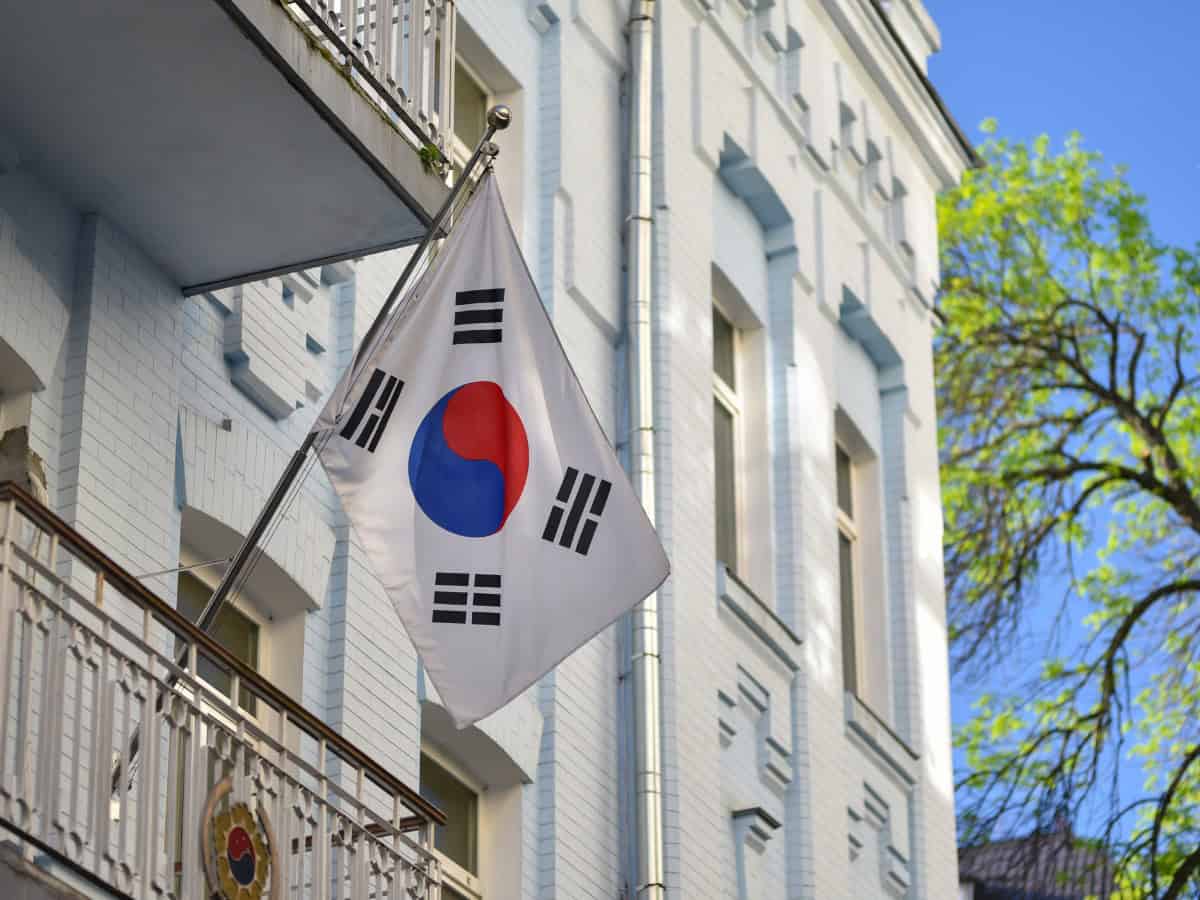
South Korean President Yoon Suk Yeol declared emergency martial law on Tuesday, December 3 accusing the opposition of being “anti-state forces” with intent on overthrowing the government amid a budget dispute in parliament.
In a televised address to citizens, the South Korean president stated, “To safeguard a liberal South Korea from the threats posed by North Korea’s communist forces and to eliminate anti-state elements plundering people’s freedom and happiness, I hereby declare emergency martial law” He accused the opposition party of paralyzing governance through impeachments and shielding their leader from justice.
The decision arises as Yoon’s People Power Party and the main opposition Democratic Party continue to clash over the budget bill for next year. Last week, opposition MPs approved a significantly reduced budget plan through a parliamentary committee.
The opposition has slashed approximately 4.1 trillion won ($2.8 billion) from Yoon’s proposed 677 trillion won budget plan, cutting the government’s reserve fund and activity budgets for Yoon’s office, the prosecution, police and the state audit agency.
“Our National Assembly has become a haven for criminals, a den of legislative dictatorship that seeks to paralyse the judicial and administrative systems and overturn our liberal democratic order,” Yoon said.
With martial law in effect, Assembly closed
With martial law in effect, military units were ordered to heighten alert levels and the National Assembly building was sealed barring MPs from entry, according to Yonhap news agency. The president went on to label the opposition, which holds a majority in the 300-member parliament, as “anti-state forces intent on overthrowing the regime”.
Yoon vowed to restore order swiftly, describing South Korea’s situation as “on the verge of collapse, with the National Assembly acting as a monster intent on bringing down liberal democracy”.
This drastic step comes as Yoon’s approval ratings have plummeted to 19% amid public dissatisfaction with his economic policies and controversies involving First Lady Kim Keon Hee.



